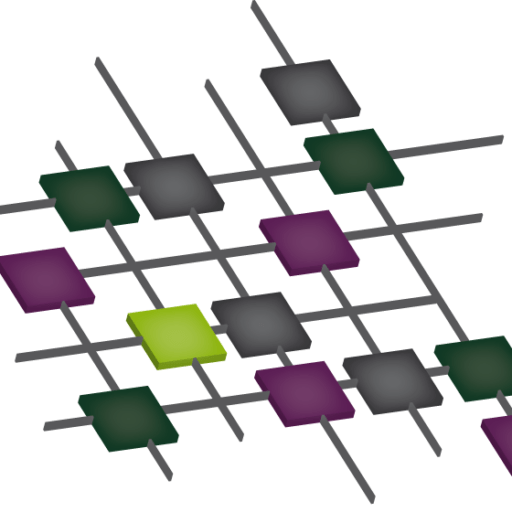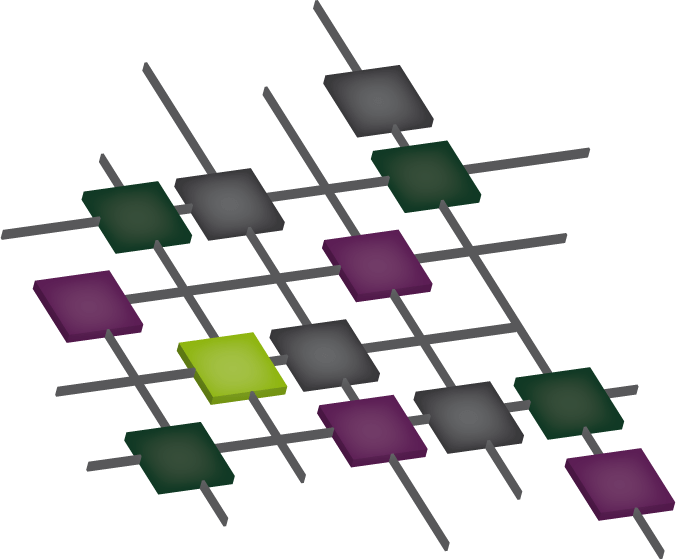Luister

Duration: 01/2006 – 01/2007 Funding: Kenniswijk Project SenterNovum
Partners: Stichting Humanitas, Onbenutte Kwaliteiten, Dutchear
Luister
Almende has developed ASK, a communication platform based on the principles of self-organization.
In order to help people to articulate their preferences and to handle the accompanying challenges, Almende has developed ASK, a communication platform based on the principles of self-organization. ASK makes the best connections between people that most of the time do not know each other and uses feedback from previous connections to arrange a better match next time. The system estimates the quantity of the demand and supply during the day and takes initiatives to ensure that contact can always be made. Every participant can up-date his/ her own availability and reachability information on the internet.
Contribution
For the fist time ASK is being implemented in an elderly home at Humanitas Rotterdam Zuid. Elderly people pushing their alarm button are connected to a server that classifies their question by means of speech recognition. ASK matches them instantly with the best and available volunteer or professional and calls them on their PDA/ mobile phone. The PDA can also register the start and end time of the care session and can communicate this with an existing planning tool.
Results
The project resulted in a communication system, namely ASK. Both parties are requested to give feedback in order to investigate whether or not this match should take place in the future. This way, complex last minute planning has become streamlined and simplified.
More info?
Need specific information regarding the project? Please contact our senior consultant for more information.






